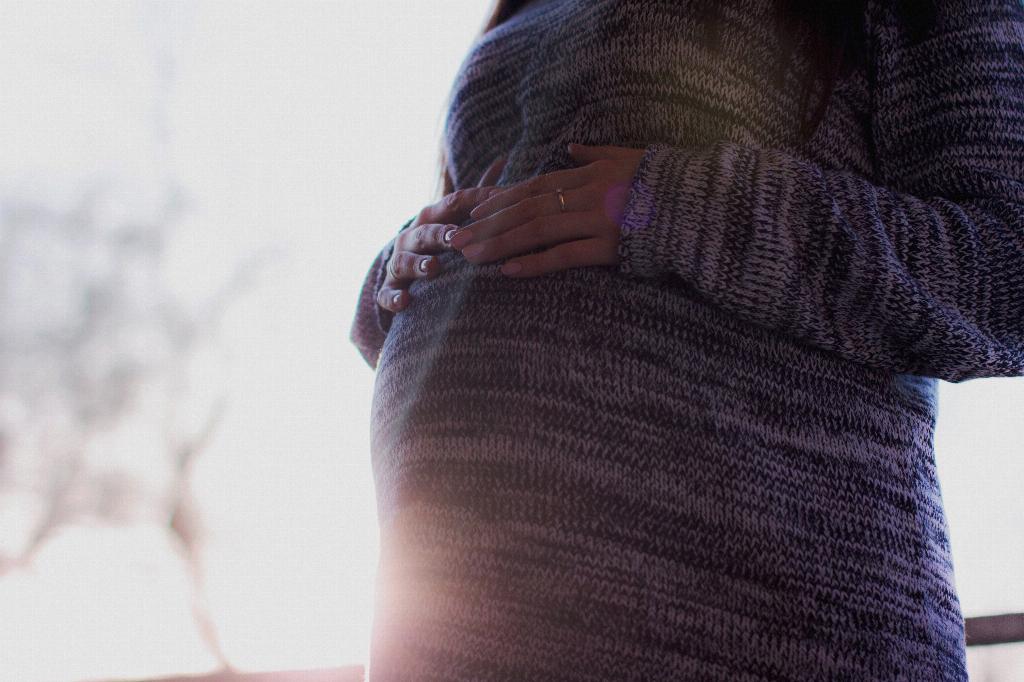Experiencing headaches at 39 weeks pregnant is relatively common and can be attributed to various factors associated with the final stages of pregnancy. It is essential to understand that pregnancy is a complex physiological process that can manifest in different ways for each woman. As you near the end of the third trimester, your body is undergoing significant changes in preparation for childbirth.
One of the reasons you may be experiencing headaches at 39 weeks pregnant is due to hormonal fluctuations. The hormonal changes that occur throughout pregnancy, particularly the increase in estrogen and progesterone levels, can impact blood vessels and potentially lead to headaches. Moreover, the physical strain placed on your body as it accommodates the growing baby can also contribute to tension headaches.
Another possible cause of headaches at 39 weeks pregnant is dehydration. Staying hydrated is crucial during pregnancy, as adequate fluid intake supports the functioning of essential bodily systems. Dehydration can lead to headaches, fatigue, and other discomforts. Therefore, it is important to ensure that you are drinking enough water throughout the day.
In addition to hormonal fluctuations and dehydration, stress and fatigue can also trigger headaches during late pregnancy. The anticipation of labor, coupled with physical discomfort and emotional strain, can elevate stress levels and contribute to tension headaches. Taking time to relax, practice mindfulness techniques, and engage in gentle physical activity can help alleviate stress and reduce the frequency of headaches.
Furthermore, it is crucial to differentiate between normal headaches and more concerning symptoms that may indicate a medical issue. Severe headaches accompanied by vision changes, such as blurriness or seeing flashing lights, pain in the upper abdomen or below the ribs, or sudden swelling of the hands, face, or feet, could be signs of preeclampsia, a serious pregnancy complication that requires immediate medical attention.
If you are experiencing persistent or severe headaches at 39 weeks pregnant, it is essential to communicate with your healthcare provider. Your doctor can evaluate your symptoms, conduct necessary assessments, and provide tailored recommendations to ensure the well-being of both you and your baby. Remember that open communication with your healthcare team is key to addressing any concerns and receiving appropriate support during this crucial stage of pregnancy.
It is important to prioritize self-care during pregnancy, especially as you approach the final weeks before labor. Implementing strategies to manage stress, staying hydrated, maintaining a balanced diet, getting adequate rest, and seeking support from loved ones can collectively contribute to reducing the occurrence of headaches and promoting overall well-being. Remember that taking care of yourself is essential for a healthy pregnancy and positive birthing experience.
In conclusion, experiencing headaches at 39 weeks pregnant is a common occurrence for many women and can be influenced by various factors. While hormonal changes, dehydration, stress, and fatigue are typical culprits, it is crucial to monitor your symptoms and seek medical advice if necessary. By staying informed, practicing self-care, and prioritizing communication with your healthcare provider, you can navigate this final stage of pregnancy with confidence and ensure a smooth transition into childbirth.

